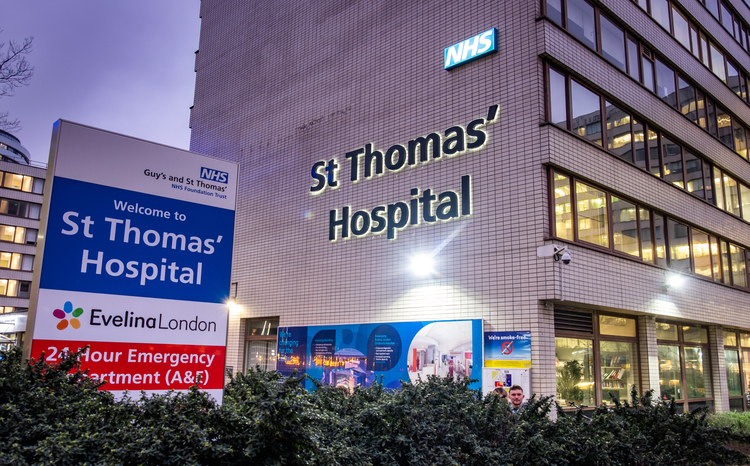RFID risk to hospital equipment claims study
- 1 July 2008
Radio frequency identification could seriously affect life-saving equipment leading to hazardous situations for hospitals, Dutch scientists have claimed.
A report in the Journal of the American Medical Association by Dutch academics and doctors found that even the most simple radio frequency identification device (RFID) such as a credit card could cause electromagnetic interference, which could prove to be fatal.
The researchers write: “RFID technology is capable of inducing potentially hazardous incidents in medical devices. Implementation of RFID in an intensive care unit or other similar healthcare environments should require on-site electromagnetic interference tests in addition to updated international standards.”
RFID is used extensively in healthcare to track patients and equipment throughout their journey in hospitals.
The researchers say the applications “have received increasing attention because of the potentially positive effect on patient safety and also on tracking and tracing of medical equipment and devices.”
However, when they tested 41 medical devices for electromagnetic interference, they found 34 different incidents – 22 of which were classified as hazardous and potentially life-threatening.
“RFID in healthcare requires additional precautions compared with non-critical environments such as retail. The lack of standardisation of RFID in healthcare permits RFID systems originally designed for logistics to enter the medical arena on the basis of requirements such as the range at which medical tagged items or individuals are to be detected,” the researchers comment.
The research initiated by the Dutch Ministry of Health, is now being evaluated in the Netherlands.
In the UK, a Connecting for Health spokesperson said tests were already undertaken to ensure RFID products offered to English NHS trusts met specified standards.
"Any product such as this which is for use in a healthcare setting has to meet a standard which means it is very unlikely to interfere with medical equipment,” the spokesperson said.
Link
JAMA (subscription required)




